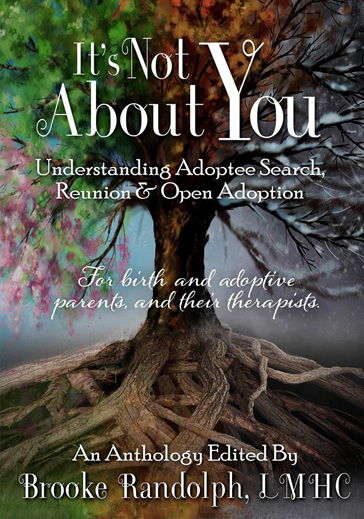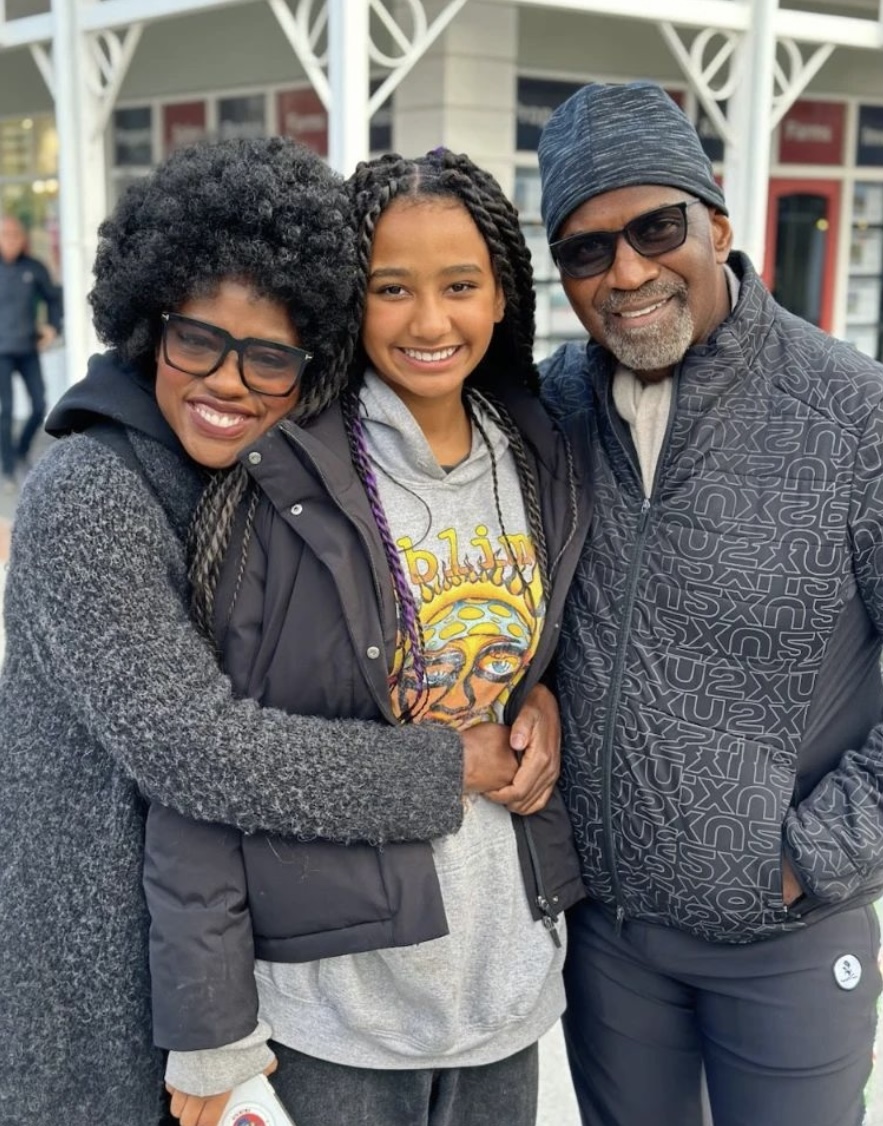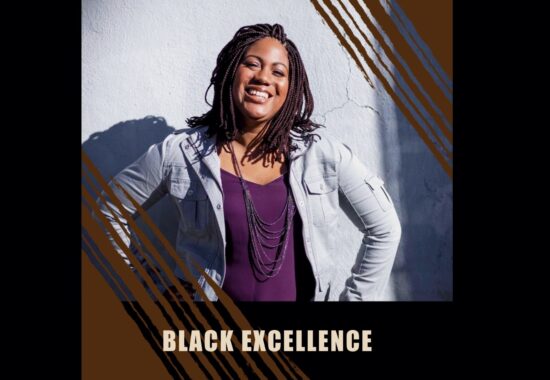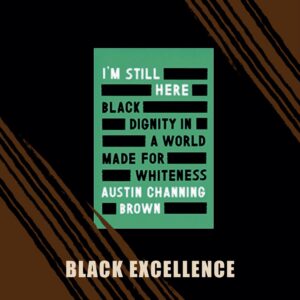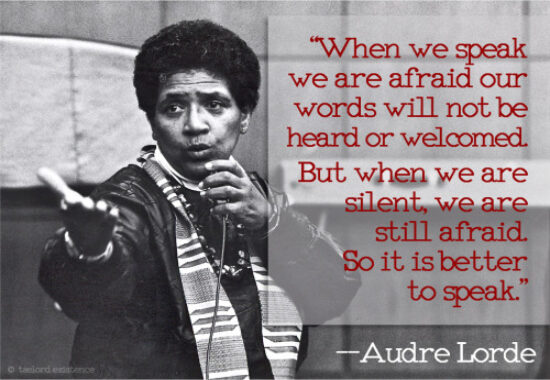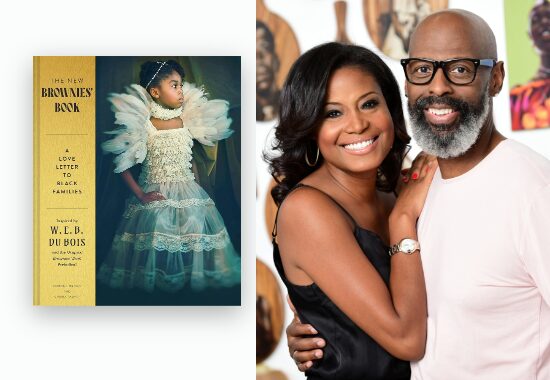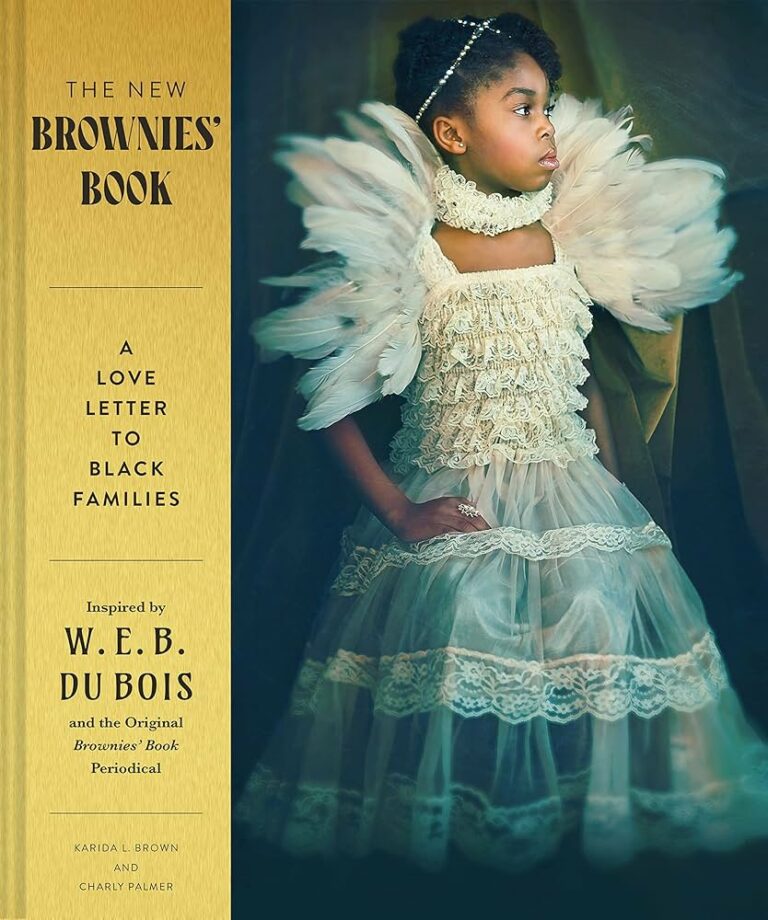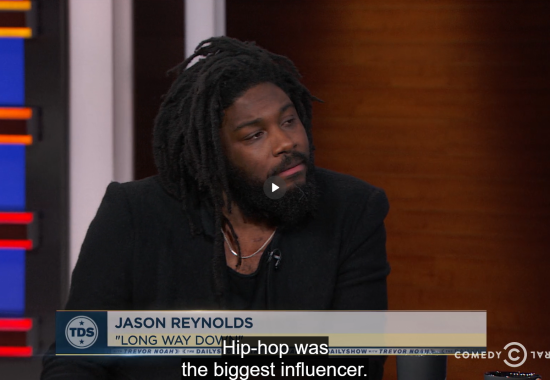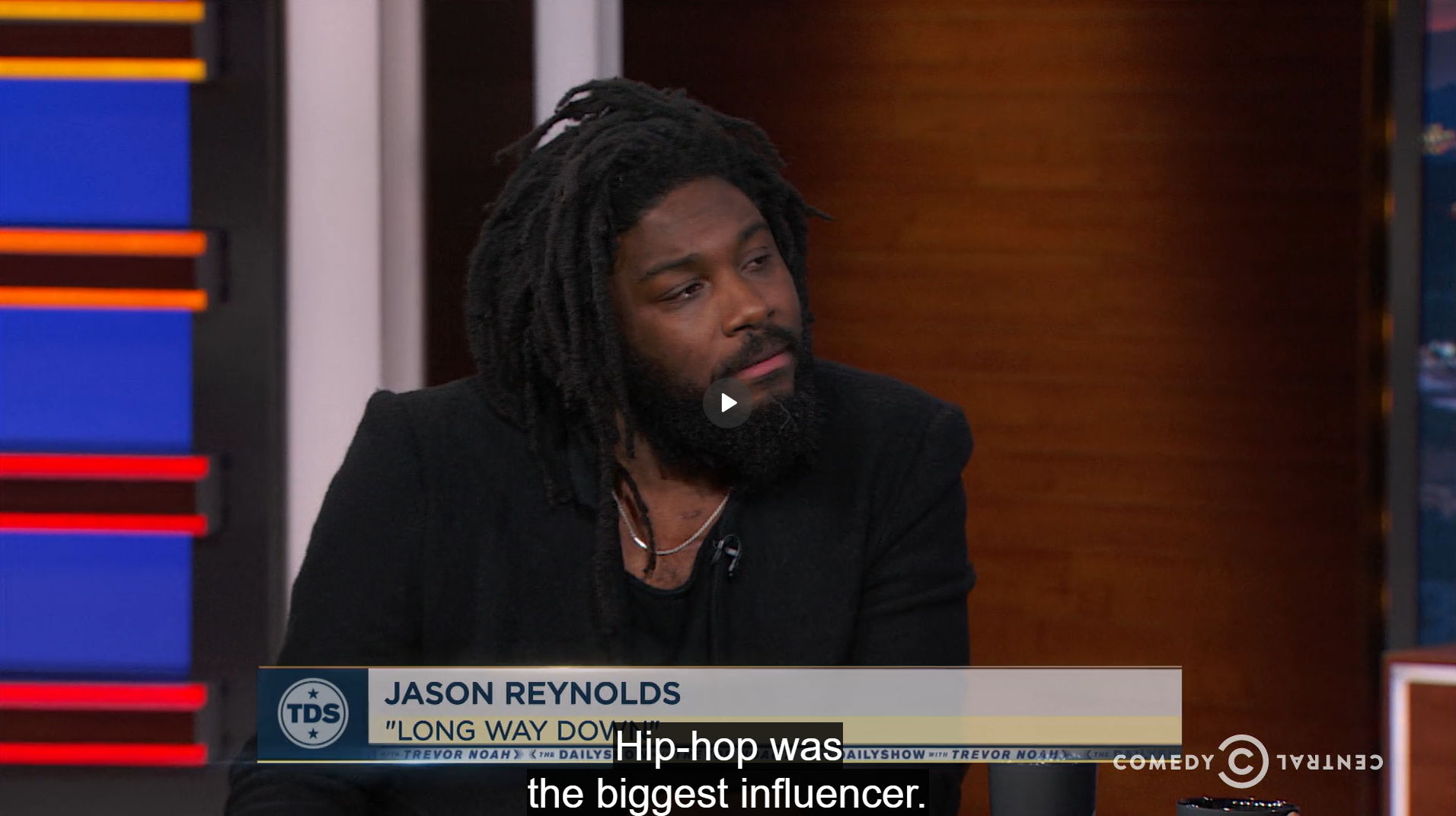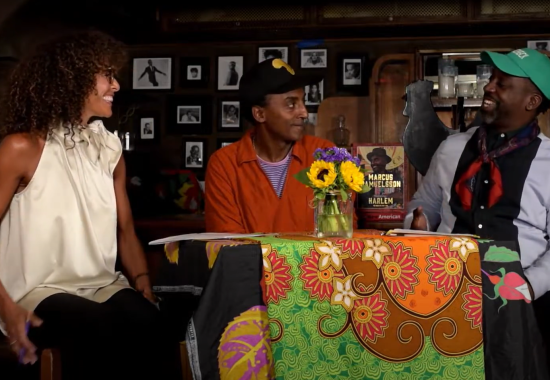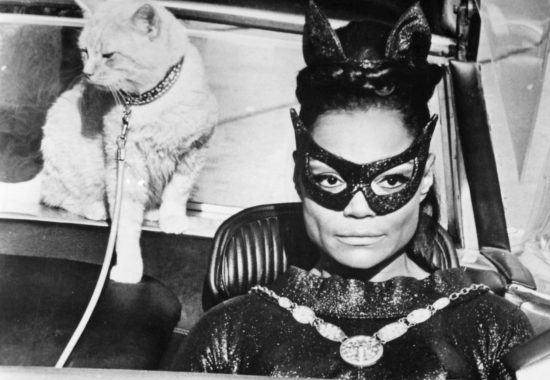By Becca Howe, TRJ Parent

This month we are combining our Black Excellence and Book Corner featuring Isaac Etter. Isaac is a transracially adopted person and a social entrepreneur who founded Identity, a startup focused on helping adoptive and foster families thrive. At Identity, Isaac is working on re-imagining post-placement support for adoptive and foster families. He uses his story and deep passion for adoption and foster care education to bring relevant, quality, and diverse resources to adoptive and foster parents.
Isaac utilizes his experience of being adopted to curate deep conversations about race, identity, and adoption. With his unique insight, Isaac facilitates impactful discussions about adoption's impact on children and how parents can support their children in navigating identity and racial identity development. He specializes in helping child welfare professionals and parents understand the unique challenges and joys involved in transracial adoption and fostering.
A Practical Guide: Transracial Adoption.
As a special offer to the TRJ community, Issac has created a special offer - $17.75 for his Identity guide, A Practical Guide: Transracial Adoption. Now including two bonus chapters! One written by Julie Etter, adoptive mother, and an extended Q&A chapter.
Currently Isaac is working on releasing an update of his Black Hair Care guide to include QR links to explanations of tools, products, and also walkthroughs. Learn more about Issac and his work here and listen to monthly podcast episodes of Inside Transracial Adoption with his mom. Link: https://www.youtube.com/@identitylearning
Book Corner – Brooke Randolph: It’s Not About You
Understanding Adoptee Search, Reunion, & Open Adoption
It’s Not About You: Understanding Adoptee Search, Reunion, & Open Adoption is a book written for adoptive and birth parents and their therapists. After repetitive conversations with adopted persons (and sometimes their parents) about reactions to their search and reunion, Brooke knew adoptive and parents of origin needed a book on the topic.
Brooke is a therapist, author, speaker, trainer and an adoptive parent who enjoys sharing with groups of all sizes whether that is in person or online. Both therapeutically and personally, she is committed to never stop learning and growing. Primary specialties for Brooke include adoption competent therapy, Brainspotting, relationship building, and developmental trauma. Brooke is a certified Imago Relationship Therapist, a Certified Brainspotting Trainer & Consultant, and coordinator for the groups Brainspotting Indy and Brainspotting with Adoption.
This year, we are thrilled to have Brooke joining us at camp to help bring to life parent work sessions centered on creating a brighter path to inclusivity for transracially adopted persons as well as the extended family.


